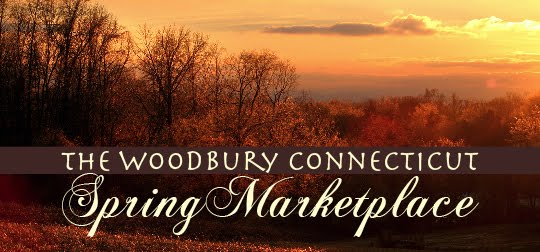Join us at the Washington Senior Center for a series of coffee hour readings from the archives of the Gunn Historical Museum, on the first Monday of the month starting at 10:00am. Staff from the Gunn Museum will be reading research papers from the museum’s archives, sharing photos and stories and reminiscing about Washington’s history.
The April 5th reading will be an interesting paper called Abner Mitchell by Mary Gunn Brinsmade in 1921. Abner Mitchell was a Washington resident drafted into the Civil War in August of 1863 with family tragedy mounting. Despite town pleas to send a substitute, he left "Baby Mary" in the hands of relatives and answered the call of duty, entering into Company B of the 6th Regiment of Connecticut Volunteers. Abner met his fate at the battle of Deep Run, Virginia, in 1864. Come learn about the heroic yet tragic story of Abner Mitchell and his family during this special presentation.
This event is free and open to the public. The Washington Senior Center is located at 6 Bryan Hall Plaza in the center of Washington Depot. Call the museum at 860-868-7756 or view www.gunnlibrary.org for more information.






